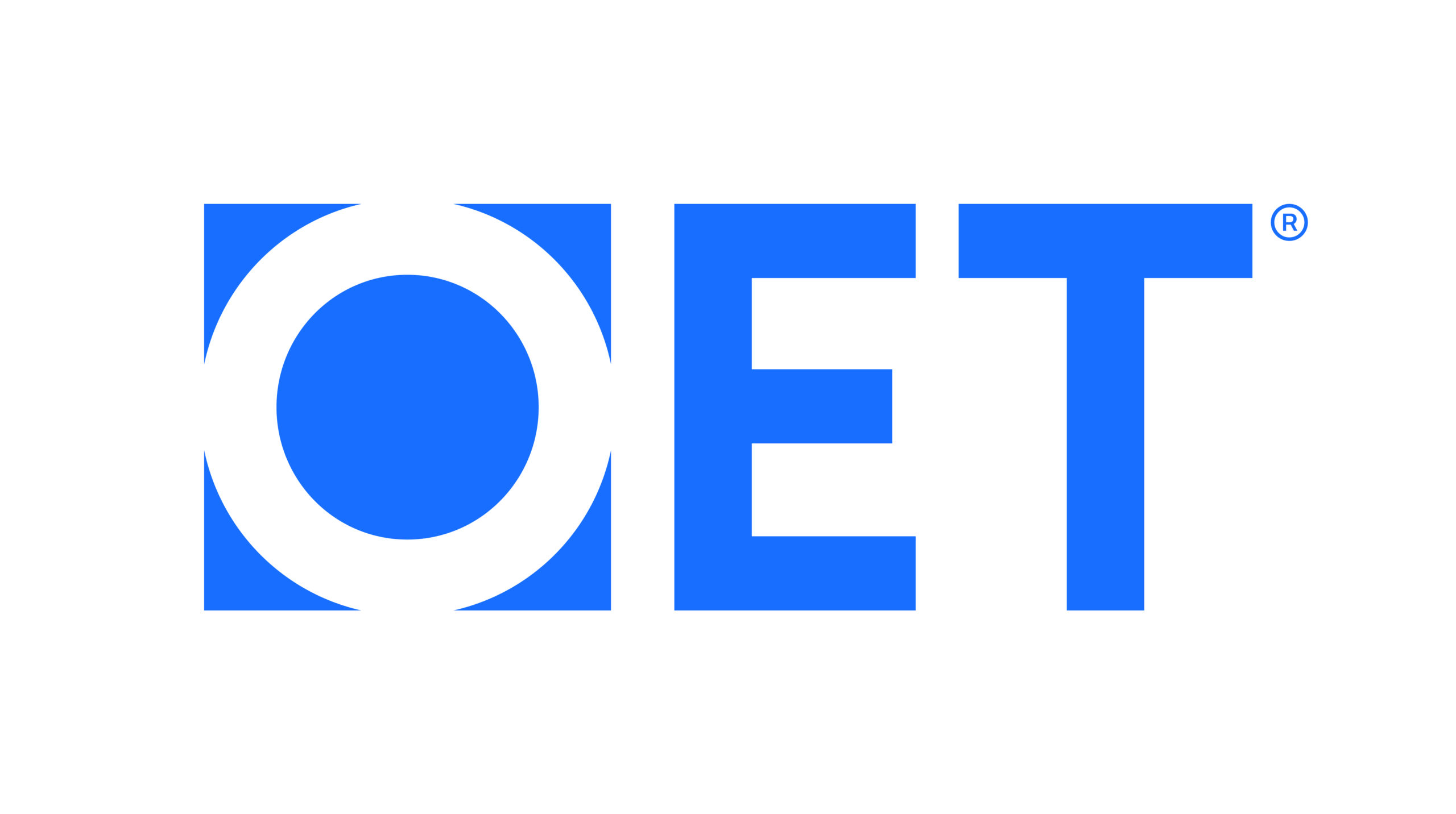Submissions
We invite you to submit your work to the International Conference on Communication in Healthcare 2024. We welcome submissions from all stages of careers, including students and those in their early stages of career. Abstracts should be related to communication in healthcare, including all health-related disciplines and all healthcare professions and non-healthcare professions such as psychology, social sciences and education.
Guidelines
The following guidelines will help you through the submission process for:
- Oral presentations (including Works in progress for students and early career participants)
- Posters (including Works in progress for students and early career participants)
- Workshop
- Symposium
- Roundtable
- Creative Healthcare Communication
- Innovative & Emerging Technology
Oral and Poster Topics
Oral and Poster presentations will be organized around the following topic areas. When you submit your abstract, you will be asked to identify a corresponding primary topic from the list below and a sub-topic, to facilitate organization of presentations.
- Clinician/Health care professional-patient interactions
- Sharing medical information
- Gathering information / clinical reasoning
- Language clarity and comprehension
- Communication about risk and uncertainty
- Patients expressing emotions / cues and concerns
- Responding to patient emotions / empathy
- Emotions of healthcare professionals
- Patient and person-centred communication
- Triadic communication
- Non-verbal communication
- Patient and caregiver evaluation of care
- Placebo effects of communication
- Interaction between healthcare communication and mental health
- Communication with potentially vulnerable groups (eg age, culture, gender, race etc)
- Health policy
- Evidence-based policy development
- Health policy evaluation
- Health economics
- Science communication
- Data protection and privacy
- Organizational change and change management
- Health literacy
- Concept and measurement
- Occurrence, determinants, outcomes
- Interventions, tools and training
- Health Equity & Health Disparities
- Health equity, health disparities (incl. inclusion health)
- Language discordant care & Interpreters
- Cross-cultural communication
- Communication with underserved populations
- Advocacy group / community engagement
- Healthcare providers confronted with cultural/racial bias and discrimination
- Inter-professional communication
- Inter-/intra-disciplinary communication
- Inter-organizational communication
- Communication models
- Strategies for building effective inter-professional teams
- Cultural competence/training in cultural competence for healthcare professionals
- Leadership and communication
- Ethical dilemmas in collaborative decision-making
- Intervention research
- Intervention development
- Intervention testing
- Implementation / de-implementation research
- Mediated health communication (eHealth) / communication technology
- Health communication technology assessment
- Electronic medical records & online portals
- Telemedicine (incl. e-consultations)
- Social media & Internet
- Artificial intelligence
- Telehealth access for disadvantaged groups
- Research methodology
- Development and validation of measurement instruments
- Psychophysiology
- Simulated or analogue patients
- Innovative research methodologies
- Big data analytics
- Review methodology (realistic, scoping, etc.) in communication research
- Sampling bias in research on health communication
- Shared decision making &involvement of patients and caregivers
- Concept and measurement
- Occurrence, determinants, outcomes
- Decision support / tools
- Training
- Caregiver involvement & perspective
- Patient education/self-management
- Patient empowerment
- Specific topics in healthcare communication
- Health promotion/prevention
- Chronic illness and multi-morbidity
- Palliative/end of life care
- Oral healthcare
- Ethics
- Professionalism and attitude
- Communication during pandemics
- Population-level communication
- Misinformation/Disinformation
- Quality improvement and patient safety
- Teaching/assessment of learners in health professions
- Assessing clinical communication skills
- Assessing communication education methods
- Teaching communication skills
- Teaching of remote consulting
- Remote teaching and digital teaching tools, software or platforms
- Promoting sensitivity to diversity and awareness of bias and discrimination in healthcare communication education
Queries
If you any queries regarding your submission, please email kim@each.international.
Dates
Extended Deadline for Submissions: 0800 GMT Monday 4 March 2024
Notification of Acceptance: April 2024
General guidelines for submissions to the ICCH conference
All submissions must adhere to the following:
- All submissions must be entered electronically via the submission site
- Submissions will be blind reviewed, so please ensure your abstract does not contain your name or that of any co-presenter/author names
- All abstracts are limited to 300 words (with the exception of symposia submissions)
- The abstract should be written in English. Submitters with limited English are encouraged to ask a colleague with English language proficiency to review their abstract before submitting to avoid having your abstract rejected based on lack of clarity in language use
- Do not use all uppercase letters in the text or title, or when entering author names
- Do not include a list of references in your abstract
- The information provided will be used for the programme and abstract book
We would like the participation of as many people as possible at the conference and therefore the scientific committee will limit the number of submissions to a maximum of 2.
Specific guidelines for different presentation categories are provided above.
Abstract submissions will be evaluated by at least 2 peer reviewers. Scores and comments are submitted to the Scientific Committee, who will select finalise presentations for the programme. Evaluation criteria are included in the guidelines for each category. The final decision on the presentation format will be made by the Scientific Committee, depending on the number, quality and type of the abstract submissions.







